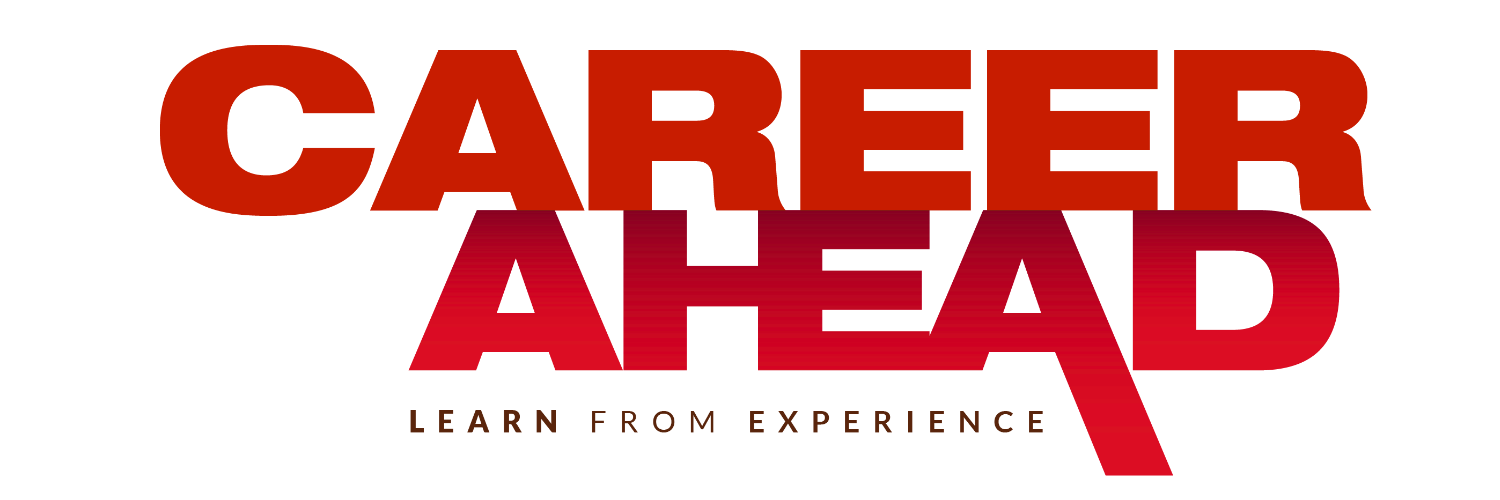No products in the cart.
The Enduring Relevance of Design
“If you want a great job which will guarantee you a happy and successful career, design is the way to go”
Worldwide, creative industries continue to outgrow more established professions year in and year out. If you want a great job which will guarantee you a happy and successful career, design is the way to go. The scholars of today need to keep up with the dynamic pace of change that the world is experiencing. There can be no room for negative thinking. We need to see change as positive and be a positive part of that change.
The advent of AI, which we term as Augmented Intelligence – nothing ‘artificial’ thank you – along with Robotics has brought forth a dramatic paradigm shift to the way the world is developing. Technology is advancing on a daily basis and any responsible organisation will always keep up to date with advances. The soon-to-be world of the students of today will be vastly different to the world we have experienced. AI and Robotics will bring with them a whole new way of working, requiring a whole new skill set.
Robots are not creative; students of design need to be. The basics of established learning will be eaten into by Big Data, ready for the AI machine to disgorge required information at a frighteningly rapid pace. Actually the word frightening is wrong; I should say exciting, stimulating, empowering pace. It’s all very wonderful, really. When referring to AI and robots we don’t talk about scary technology aimed at ruling the world but rather Aladdin’s genie, eager to please with the power to make magic happen.
I often refer to the Harvard Business Review for inspiration. After all, you can’t get much better than this. Looking back on past attitudes to development, the status quo could be harsh. The dog-eat-dog, ‘push your way to the top’ philosophy prevailed. Fortunately, those days have gone. It is encouraging to see that the key word that comes out in these articles now is ‘empathy’, and developing empathetic as well as brilliant scholars is at the heart of our endeavour. Of course this more gentle approach does not dismiss the massive change in technology that exists, rather it embraces it. The enhanced human skills of the future needed for growth have been identified.
Today’s young professionals grew up in an age of mind-boggling technological change, having seen the growth of the internet, the invention of the smartphone, and the development of machine-learning systems. ‘What should I learn today so that I’ll have a job in the future?’ is a question most of them have pondered over at some point.
“Robots are not creative; students of design need to be”

I believe we need to concentrate on the following important elements that robots cannot do.
Communication
Storytelling – how good is it? The most basic form of communication is constructing a compelling story. The good news, from a competitive standpoint, is that most people have turned their brain over to bad software, resulting in the all-too-familiar ‘death by PowerPoint’. Although efforts have been launched to create robot authors, and the impact of robots on fake news and echo chambers is undeniably significant, the ability to communicate compellingly will always be in high demand and hard to automate.
Content
Communication must be about a particular topic. If you know a great deal about a given domain, you have a rich base on which to draw. Moreover, if you have an appreciation for the dynamics of that domain, you have something that mere ‘googling’ can never replicate.
Context
Automated systems are usually very bad at recognising context. Understanding the context, business model, competition, and leadership of a client or an employer makes your understanding of content more useful.
Management
Gleaning facts and even finding the solutions to problems is of little help if you cannot manage those facts efficiently. Process is power.
Emotional Competence
Robots will never truly understand the human heart. Our options may be set by rationality, but it is emotion that binds us to action. The most basic level of emotional competence is being able to recognise the emotions at play in the context of analysis and action. The next level is the ability to successfully intervene in an emotionally complex situation, when people are hurt or uncertain. At the highest level, emotional competence involves persuading individuals and groups by evoking emotion (while simultaneously recognising that some team members don’t buy into what you’re saying).
Teaching
Teaching, or rather, mentoring. If the way we interact with those we are trying to develop becomes the imparting of mere facts, then no good is done. Empathy is vital, care and concern, knowing the individual – all very human qualities.
Connections
It is not what you know, but who you know that counts. How often have we heard this? And, although by no means entirely true, there is a lot of reality in this statement.
An Ethical Compass
We are beginning to realise just how important ethics and the capacity for moral judgement are in the field of applied AI. The fact that the world will be increasingly controlled by machines lacking an ethical compass amplifies the importance of having people in our future workforce who possess strong moral values.
Design students need to be ‘equipped for every good work in every way’. That is why they are special.
- The article was originally published in Career Ahead July 2020 issue.











